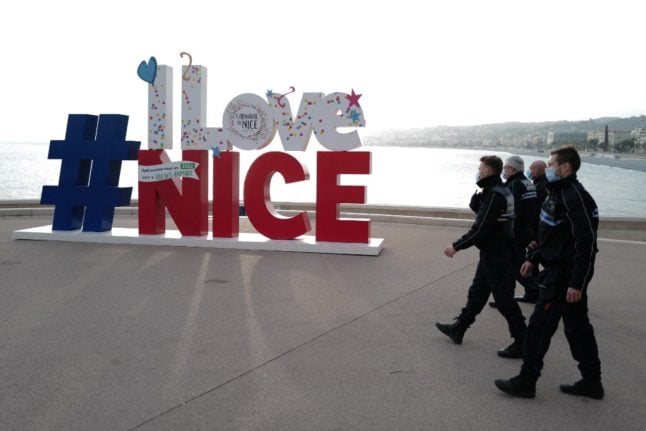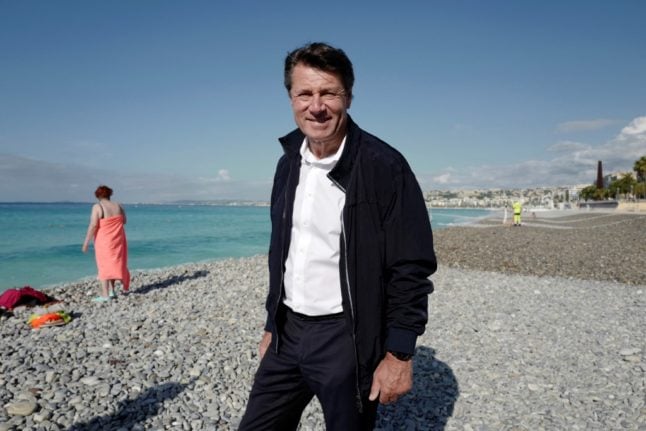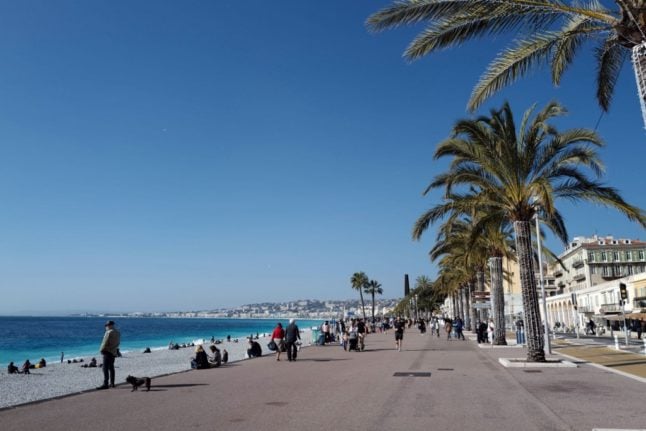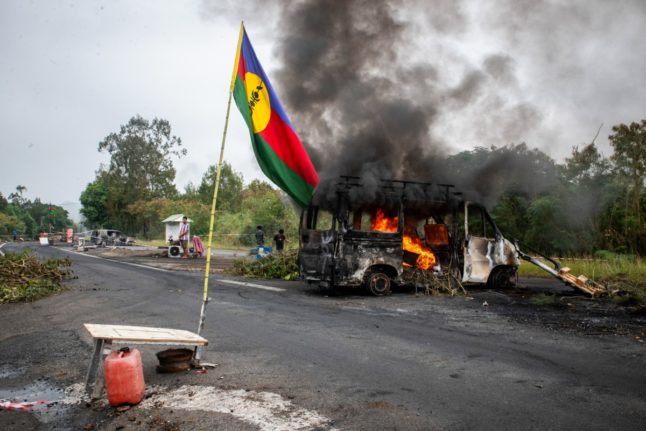Paying his respects following the death of Prince Philip, the mayor of the southern French town of Nice was inspired to write a short article on the subject of his town’s historic and cultural links with Britain and the British.
He writes:
The idea may seem strange, as Nice is usually associated with the Latin and Mediterranean landscape, the sun and the blue sky.
On a closer inspection though, another cliché emerges, one that associates Nice’s most beautiful artery, La Promenade des Anglais, with the memory of the ‘English’.
However, the huge sadness that seized the people of Nice at the news of the passing of Prince Philip, Duke of Edinburgh, husband of Queen Elizabeth II, could not be explained if there had not been much more.
Between Nice and the British Isles as a whole – ie Nice and the English, Scots, Welsh, Irish, even Nice and the former British Empire, including Indians, South and East Africans, Asians and the Pacific islanders – there is a very unique and centuries-long relationship.
READ ALSO 10 things you might now know about Nice

It is unique as Nice has only been part of France since 1860, and therefore has not experienced the love-hate tradition that used to separate the French and the British for centuries.
Joan of Arc and the Hundred Years’ War, Crécy, Azincourt, Poitiers, the wars of the 17th and 18th centuries, the battle of Fontenoy, “Gentlemen, the English, shoot first”, the “few acres of snow” so little regretted by Voltaire, and even Waterloo, all of these are alien to the history of Nice.
Rather, by becoming part of the House of Savoy in the 14th century, Nice entered a centuries-long era of political, military, and diplomatic anglophilia, which left little room for antagonism with the UK.
It may seem strange today to put it this way: by virtue of the old principle that “the enemies of my enemies are my friends”, the Dukes of Savoy and the Kings of England were historic allies, as evidenced by some London sites, including the famous Savoy palace!
And then there was “the Grand Tour”, this social custom invented by the British aristocrats which led them across Europe to necessarily end, after an initiatory journey of several years, on the shores of the Mediterranean, the sea of all civilisations.
It is after this “Grand Tour” that the word and concept of tourism was named, and it is to the “Grand Tour” that the first long winter stays in the 1760s for the British elite in Nice refer.
READ ALSO Why Nice beats Paris as the best French city for foreigners to live
From this unprecedented conjunction of political alliance and azure leisure, the British Nice was born, indissolubly.
The rest is only a long story of loyalty and friendship;
from the birth of the Chemin des Anglais in 1824, to its consecration in a magnificent coastal avenue by the Duke of Connaught and the then-Nice Mayor, Jean Médecin, in 1931;
from the four winters spent by Queen Victoria in the Nice area of Cimiez in the 1890s to the Château de l’Anglais built at the bottom of the Mon Boron area that singles out Nice skyline to this day;
from the Lawn-Tennis club of Nice founded by Lord Salisbury to the visits of Sir Thomas Lipton or Jules Reuter;
from the city’s street names to the statue of Victoria;
from the city’s movie settings associated with names such as David Niven, Gary Grant, Roger Moore, Sean Connery, Alfred Hitchcock and Elton John
to the gracious visit, three years ago, of Prince Charles, Honorary Citizen of Nice, and Lady Camilla, these bonds persist, manifold and strong.
Today, Nice associates with the people of the United Kingdom in mourning.
Prince Philip remains for the people of Nice this tall and elegant silhouette, discreet and yet so present, inseparable from his wife, forming with Queen Elisabeth II an indestructible couple, united in joys and sorrows, forged by war and courage.
VIDEO Watch Prince Philip making a speech in French (with a ‘frog’ joke)
His longevity has brought him into our lives as a symbol of British manners, marked by self-restraint, humour and strength.
He almost convinced us of his being eternal. His death is a stark reminder that nothing in this world is set in stone, even on the scale of a long life.
For all these reasons, both historic and human, it is with a deep feeling of grief that the City of Nice joins in the mourning of Her Majesty Queen Elisabeth, His Royal Highness Prince Charles and each member of the British royal family.
A former professional motorcyclist, Christian Estrosi has been mayor of Nice from 2008 to 2016 before being elected mayor again in 2017, representing Lés Republicains. He has been President of the Métropole Nice Côte d’Azur since 2012.




 Please whitelist us to continue reading.
Please whitelist us to continue reading.
Member comments